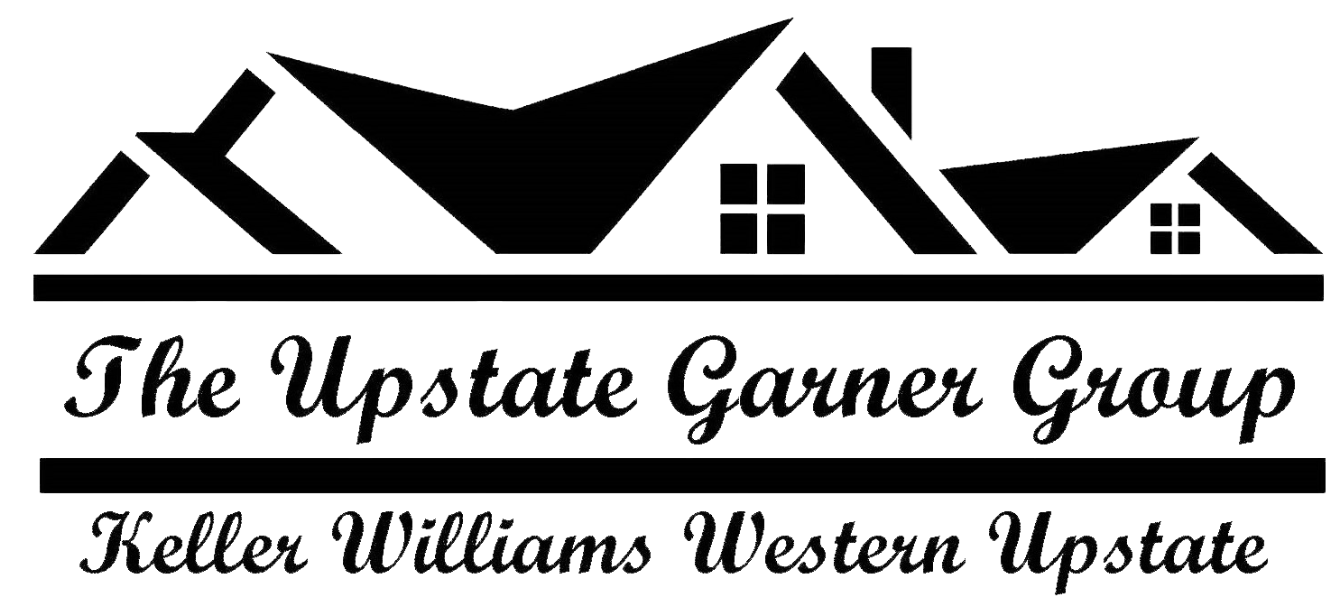Published January 23, 2025
Your Guide to Understanding Closing Costs in Homebuying

Buying a home is an exciting milestone, but it comes with associated expenses known as "closing costs." These fees are due at the closing of the sales transaction and can vary significantly based on factors like location, property value, and the type of loan you secure.
Understanding the Cost Breakdown
Here's a breakdown of common closing costs:
Loan Origination Fee: This fee is charged by the lender for processing your loan application.
Appraisal Fee: Covers the cost of a professional appraisal to determine the property's value.
Title Search and Insurance: Ensures the property has a clear title free from liens or encumbrances.
Recording Fee: Covers the cost of officially recording the property transfer.
Survey Fee: Pays for a professional survey of the property boundaries.
Homeowner's Insurance Premium: The initial premium for your homeowner's insurance policy.
Property Taxes: You'll pay a prorated portion of property taxes to the seller.
Tips for Managing Closing Costs
Shop around for lenders: Compare loan offers from multiple lenders to find the best rates and fees.
Inquire about seller concessions: Sellers may offer a credit towards closing costs, which can help offset your expenses.
Budget carefully: Factor closing costs into your overall budget when planning your home purchase.
Example: Closing Costs in Upstate South Carolina
In Upstate South Carolina, closing costs can typically range from 2% to 5% of the purchase price. This can vary depending on the specific county (like Anderson County), the size of the loan, and other factors.
Key Takeaway
Closing costs are an essential part of the homebuying process. By understanding these expenses and taking steps to manage them effectively, you can navigate the closing process with greater confidence and ease.





